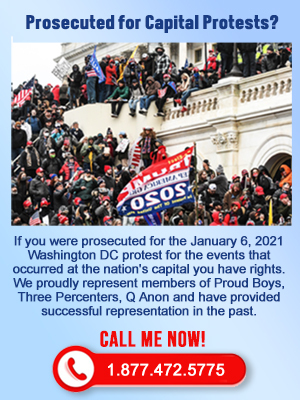According to experts who work in global, the need for Personal Protective Equipment (PPE) to deal with the COVID-19 pandemic has led to a rise in the international trafficking of falsified and poor-quality products trade and security.
Steve Francis, the assistant director of the Global Trade Investigations Division with Homeland Security Investigations and the director of the National Intellectual Property Rights Coordination Center, stated recently that in more than 20 years of law enforcement, he has never seen anything like the current level of fraud happening amid the coronavirus pandemic.
ICE has performed 908 seizures of illegal COVID-19 test kits, illicit medications and treatments, and fake PPE as well as phony web domains.
As of August 2020, more than $7 million had been seized through Operation Stolen Promise over 100 days. Federal officials reported almost $18 million in recovered funds and disrupted fraud transactions.
Of the property seized, $2.25 million was related to fraud involving the care act, including phony PPP loan applications and PPE fraud.
Francis noted that when it comes to fake products, federal officials have seen changes in the trends. Usually, almost 90% of the seizures occur in Hong Kong and China.
Currently, seizures have occurred in 40 countries. There have been counterfeit PPE seizures in the UK, Nigeria, Thailand, Germany, Japan, and others. Many countries have criminal organizations turning to this type of crime because of sky-high demand and profitability.
Francis also noted there has been excellent coordination by law enforcement worldwide, and China has helped to uncover fraudsters.
Even ISIS Is Involved in PPE Scams: DOJ
The Department of Justice reports that even terrorist organizations such as ISIS have gotten involved in PPE scams. ISIS has allegedly used the URL FaceMaskCenter.com as a means to sell fake N95 masks.
ISIS has attempted to sell fake PPE to nursing homes, hospitals, and first responders. According to federal prosecutors, the terrorist group has taken its profits and converted them into cryptocurrency and raised funds for guns.
Only Purchase PPE From a Known Supplier, Not a Reseller
Global security experts say in the time of widespread PPE fraud, you can take measures to ensure that you are getting the real thing. Most importantly, they stress purchasing PPE from a well-known medical product supplier and not a reseller.
Legitimate medical supply retailers are making increased efforts to validate the medical product supply chain. While it is not guaranteed that you will get a real N95 mask, legitimate retailers’ efforts increase the likelihood that you will not wind up with fraudulent products.
Retailers that have been validating the PPE supply chain include Costco, Target.
SEE ALSO: PPE Equipment Fraud Charges
To fight the illegal trade of fake PPE, some manufacturers have been switching to producing PPE inside the US.
In Rochester, New Hampshire, Lydall is constructing a 47,000-square-foot addition to its manufacturing facility. It will have the ability to support the production of at least 140 million N95 respirators or 550 million surgical masks each month. Lydall makes the interior layers of face masks.
Some experts recommend that medical essentials be made in America, but there needs to be a two-prong approach. The US is reliant on other countries to provide most of our medical supply production.
But some say we also need to make sure that PPE manufacturing happens in the US, too. It is vital to prevent these fake PPE and fraudulent medical supplies from being sold online and on social media.
US-Based PPE Fraud Also Common
However, there have been many cases of US-based PPE fraud. For instance, a Texas man paid employees $20 an hour to repackage Chinese non-medical masks and repackage them as certified KN95 masks.
Expressly, a man named Jaime Rivera set up tables in a warehouse where several workers took non-surgical Chinese masks out of plastic bags and put them into new ones. The old plastic wrap had labels on them that said ‘Medical Use Prohibited,’ meaning it should not be used by doctors and nurses who need maximum protection from tiny particles that carry the COVID-19 virus. The new bags omitted that critical warning.
So, people may have been buying masks that they think are 95% effective at filtering virus particles. In reality, some of them may be masks designed for non-medical use. The most common version of these possibly fraudulent masks is KN95s.
State officials have tried to block such ineffective masks from getting into hospitals by screening mask supplies and rejecting any masks that say they are non-medical. But some criminals in the US could source millions of non-medical masks and pass them off as real KN95 masks.
References
- PPE Fraud in New Hampshire Concerning As Covid-19 Increases Demand. Accessed at https://www.unionleader.com/news/health/coronavirus/ppe-medical-equipment-fraud-in-nh-concerning-as-covid-19-pandemic-increases-demand/article_918349d6-c1fa-5191-a6a5-c437fdf5babd.html
- Man Removed Labels That Said Medical Use Prohibited From Masks. Accessed at https://www.propublica.org/article/he-removed-labels-that-said-medical-use-prohibited-then-tried-to-sell-thousands-of-masks-to-officials-who-distribute-to-hospitals
